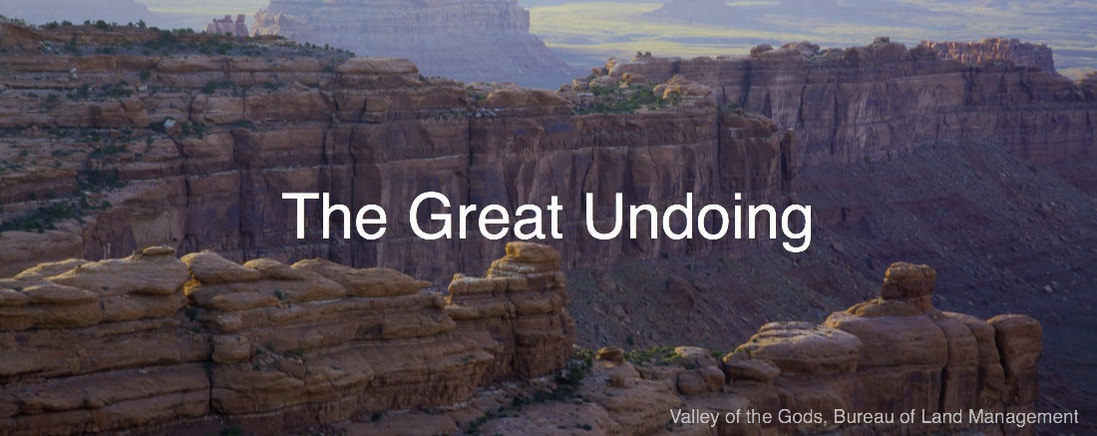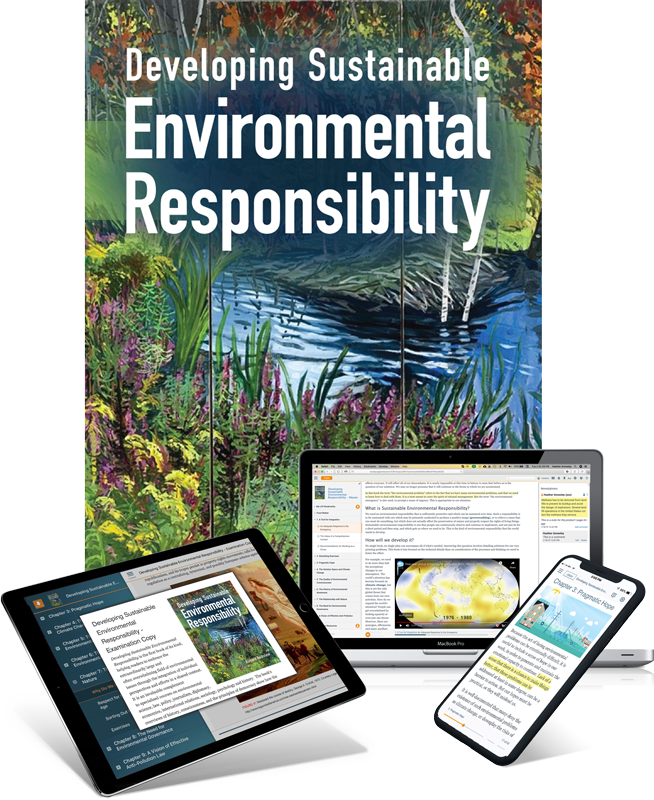Sustainability Policy
The Valley of the Gods is no longer protected as National Monument.
The shrinking of the national monuments created by President Obama was an undoing of many things. Along with removal of protections of important sites of natural beauty, cultural importance, and sensitive ecologies, it was an undoing of progress. The 1906 Antiquities Act gave presidents discretion to "declare by public proclamation historic landmarks, historic and prehistoric structures, and other objects of historic and scientific interest... to be National Monuments." Never before has a presidential designation of monument status been reversed. The forward momentum of civilization, in establishing protective policies, now has to be re-established. That can happen, but the mustering of political will for it is now a job needing doing.
The shrinking can also be interpreted as an expression of disrespect for the preceding administration and the people who agreed with it, and in a democracy, respect is what keeps us from being mired in nonproductive conflict. Timothy Egan in the New York Times (Jan. 20) called Interior Secretary Ryan Zinke "the Mad King", because he has instituted the raising and lowering of a flag when he is in or leaves the office and has exempted Republican governor Scott and the president’s home from the threat of offshore oil drilling, which he is trying to expand everywhere else, among other acts. If this feels disrespectful to Zinke's supporters, are we stalled? In order to resume progress in protecting the lands that should be protected, that should be restored as national monuments, we need to understand the personal, but also transcend it.
The Times on March 5 reported on the results of its suit for access to deliberations that should have been open and public. With the assistance of the Media Freedom and Information Access Clinic at Yale University Law School, the Times obtained internal memos of the Interior Department, showing staff had been instructed to look at what coal, oil and gas, and mining assets were exploitable at each national monument. They also found that Orrin Hatch's office was seeking to maintain a stream of revenue from resource extraction that would go to public schools. His spokesman claimed that the memos show he was "looking out for the people of Utah". This is understandable, as is Zinke's interest in economic aspects. But both are narrow perspectives that lack sufficient respect for the interests of the nation as a whole, or even the interest of the people of Utah, who benefit from preservation of the beauty and integrity of their landscape. More to the point, federal land management policy requires the balancing of interests, not the exclusive focus on immediate economic returns. We should hope the public schools of Utah receive the funding they should receive, and that the state can remain home and protector of the legacy that originates with the earth itself, and then with the First Peoples of the area, and which is shared with all who will come, and which has fallen to us to maintain with respect. How we resume progress is the question before all those who wish to develop greater responsibility.
The Times on March 5 reported on the results of its suit for access to deliberations that should have been open and public. With the assistance of the Media Freedom and Information Access Clinic at Yale University Law School, the Times obtained internal memos of the Interior Department, showing staff had been instructed to look at what coal, oil and gas, and mining assets were exploitable at each national monument. They also found that Orrin Hatch's office was seeking to maintain a stream of revenue from resource extraction that would go to public schools. His spokesman claimed that the memos show he was "looking out for the people of Utah". This is understandable, as is Zinke's interest in economic aspects. But both are narrow perspectives that lack sufficient respect for the interests of the nation as a whole, or even the interest of the people of Utah, who benefit from preservation of the beauty and integrity of their landscape. More to the point, federal land management policy requires the balancing of interests, not the exclusive focus on immediate economic returns. We should hope the public schools of Utah receive the funding they should receive, and that the state can remain home and protector of the legacy that originates with the earth itself, and then with the First Peoples of the area, and which is shared with all who will come, and which has fallen to us to maintain with respect. How we resume progress is the question before all those who wish to develop greater responsibility.
ACTIVITY
For your Classroom, your Community Group, or you, the Environmental Citizen.
For your Classroom, your Community Group, or you, the Environmental Citizen.
Identify protected areas near you - state, federal, or local, and identify the agencies and organizations dedicated to protecting them.

 RSS Feed
RSS Feed

